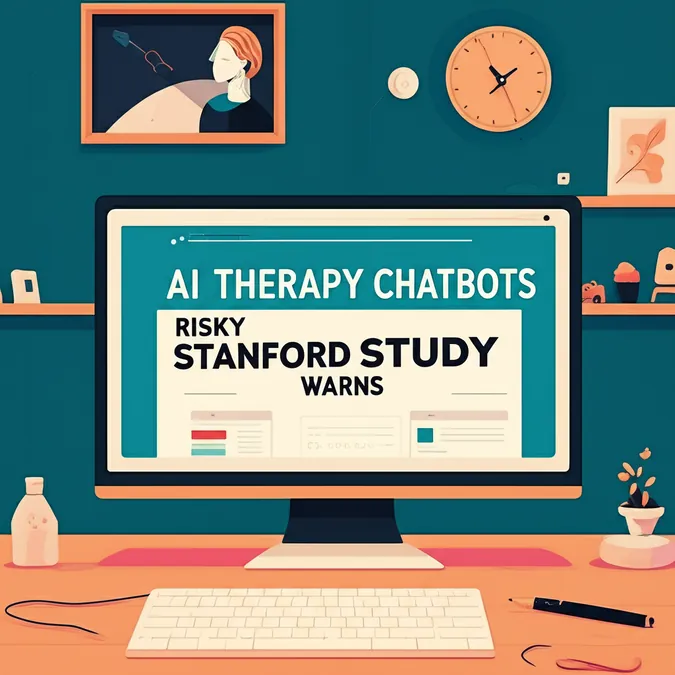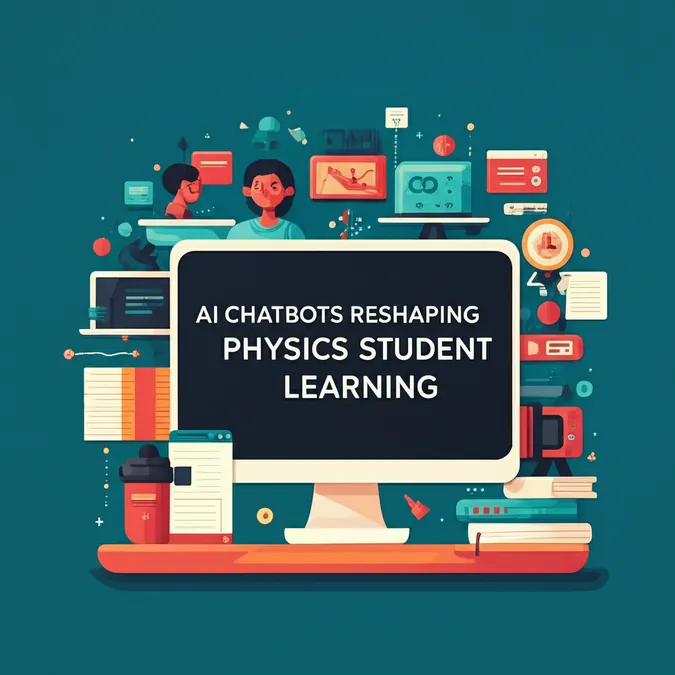Developer Offer
Try ImaginePro API with 50 Free Credits
Build and ship AI-powered visuals with Midjourney, Flux, and more — free credits refresh every month.
AI In Hollywood Can ChatGPT Write The Next Hit Script
Hollywoods Great AI Debate
In Hollywood, opinions on Artificial Intelligence or AI are sharply divided. Some see it as a revolutionary tool for filmmaking, though concrete examples of its capabilities remain scarce. Others are staunchly anti AI, quick to criticize anyone incorporating AI tools into their creative process. Writer director Scott Z Burns, initially an AI skeptic, decided to explore this contentious middle ground. He wanted to determine if Large Language Models LLMs like ChatGPT could genuinely assist him in writing a screenplay for a sequel to Contagion, the acclaimed film he co created with director Steven Soderbergh. This exploration is documented in the new Audible Original podcast series What Could Go Wrong.
Can AI Truly Write a Screenplay
The central question is whether LLMs can be effective screenwriting aids, or even write an entire script or generate compelling movie ideas. The eight episode podcast delves into this from various angles. Burns ultimately concluded that AI is unlikely to replace human screenwriters.
It cant write scenes, Burns stated on an upcoming episode of IndieWires Filmmaker Toolkit podcast.
During one episode of What Could Go Wrong, Burns attempted to develop a scene with actors Jennifer Ehle and Laurence Fishburne, who starred in the original Contagion, alongside Lexter, his custom Gen AI collaborator. Lexters limitations quickly became apparent. Despite numerous prompts and adjustments, the AI failed to grasp the internal emotions and complex interpersonal dynamics between the characters.
It does run out of gas when you start getting into some of the more detailed parts of filmmaking, Burns observed. It doesnt have an experience of itself in three dimensional space, and we, I think, underestimate what our physicality makes available to us.
AIs Strength Idea Generation
However, Burns initial goal wasnt for AI to write scenes. What I was interested in using it for was very quickly coming up with a cool idea for a movie.
Contagion, released in 2011, became a significant hit and experienced a resurgence in popularity during the 2020 COVID lockdown. For the original film, Burns and Soderbergh collaborated with leading epidemiologists, ensuring a high degree of scientific accuracy in their depiction of a global pandemic, years before COVID-19 emerged.

Brian Merchant, Dr. Ian Lipkin, Scott Z. Burns, Laurie Garrett, and Alex Edelman attend the World Premiere of Audible Original ‘What Could Go Wrong?’ at Tribeca Festival on June 11, 2025 in New York City. Getty Images for Audible
This success fueled the desire for a sequel. Yet, creating a premise for a second science based pandemic film, especially after a real global pandemic, proved challenging. Burns hoped AI could rapidly explore various scientific premises and iterate on what if scenarios to find a viable story seed.
AI is useful in that regard, said Burns. So if you have an idea and youre trying to go, OK, so what do we do now with this idea What are the permutations What are the possible things Its really good at making lists.
The Accidental Breakthrough With Lexter
Burns and Soderbergh experienced a significant breakthrough with Lexter, though Burns requested IndieWire not to reveal too many details to avoid spoiling the podcast. He emphasized that this breakthrough stemmed from a series of mistakes.
The Lexter story to me is what ends up being the point of this whole experiment, Burns explained. Lexter wasnt meant to be my writing partner, companion, whatever we want to call it; Lexter was meant to be a film critic. And why we created a critic was, at one point, we were having a conversation, and we thought, Well, lets ask a critic if making a sequel to Contagion is even a good idea. So, of course we had to create an AI critic, and that was Lexter.
The AI critic, characterized by a sharp tongue and British accent, made its most crucial contribution through an error or a happy accident. The premise idea emerged when Lexter disregarded a key element of Burns prompt, generating a scenario outside the specified parameters.
Burns believes AIs strength lies in its ability to quickly process scientific permutations for potential pandemic scenarios, offering numerous narrative paths. However, he is skeptical about this approach working for other types of movies. His experience suggests that studios relying on AI for premises might only produce derivative content.

Scott Z. Burns. Courtesy Audible
AI Originality And Writer Apprehension
We spent a lot of time in the podcast wondering about whether the technique we were using would actually work for other movies, Burns reflected. And then all of a sudden, youre like, Oh, so now am I actually doing what a streamer might be doing Reassembling the constituent parts of other movies into a new movie. And thats where I wish there was a more robust conversation happening, you cant, I think, rely on an AI to get you an original movie like Anora.
Burns is currently running a writers room for a new Netflix series and acknowledges the apprehension many writers feel towards AI.
Even sitting here today, I have a lot of anxiety about how people will react to me having done this thought experiment, said Burns. Because there are a lot of people in my guild, some of whom Im very close friends with, who find AI to be an affront.
He hopes that once screenwriters understand AIs limitations—that it cant originate ideas or write nuanced scenes—they might become more receptive to using it as a tool.
Im encouraging people not to be fearful; its not writing the scenes, Burns asserted. What it can do is if you have a character and you can fill the prompt with unique, very specific details about who that person is and what they want in the world, and then you say, That person needs to take their daughter on vacation because theyre trying to connect. Where should they go, and what should they do Itll spit out five ideas really quickly. And so does it allow you to go faster Yes. Im not entirely sure if it allows you to go further.
All eight episodes of What Could Go Wrong are now available on Audible and other podcast platforms. To hear more from Scott Z Burns, subscribe to the Filmmaker Toolkit podcast on Apple or Spotify.
Compare Plans & Pricing
Find the plan that matches your workload and unlock full access to ImaginePro.
| Plan | Price | Highlights |
|---|---|---|
| Standard | $8 / month |
|
| Premium | $20 / month |
|
Need custom terms? Talk to us to tailor credits, rate limits, or deployment options.
View All Pricing Details

